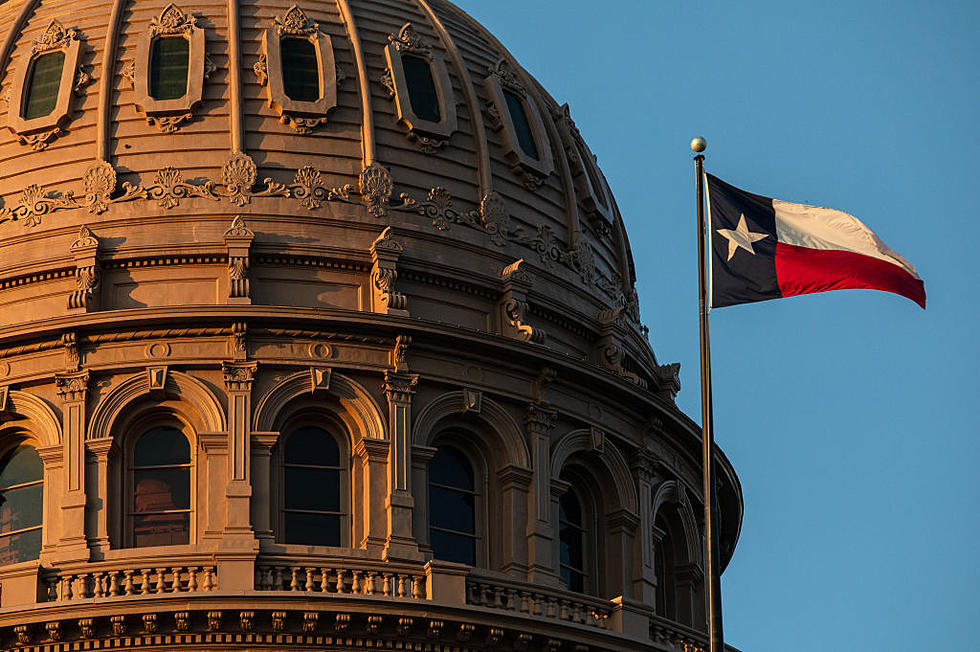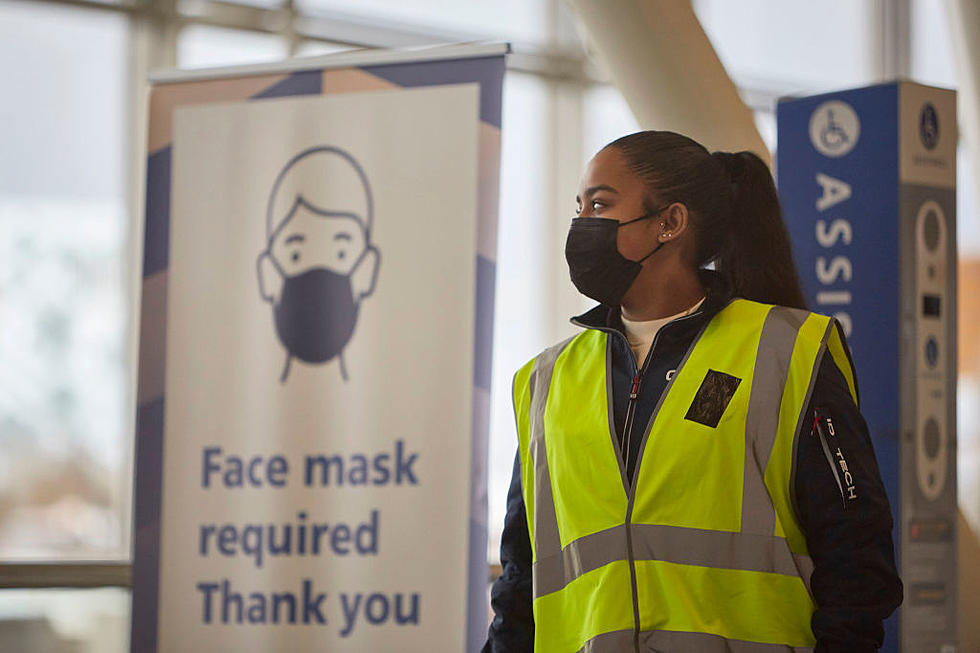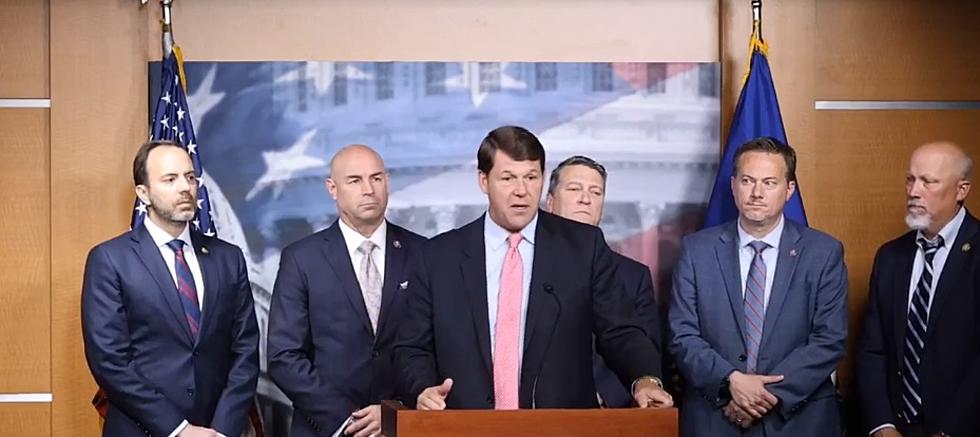
Greg Abbott Asks D.C. Federal Court to Approve Voter ID Law
The Texas Attorney General is asking a federal court to approve the Texas voter identification law.
The Texas voter identification law, passed by the Texas Legislature in 2011, requires voters to show government-issued photo identification in order to vote.
For those that do not already have photo identification, a voter identification card is available free of charge from the Texas Department of Public Safety. Disabled or elderly voters will still be able to vote by mail without photo identification.
“The U.S. Supreme Court has already ruled that voter identification laws are constitutional,” said Texas Attorney General Greg Abbott. “Texas should be allowed the same authority other states have to protect the integrity of elections.”
The State is taking legal action regarding the issue to a D.C. court to possibly speed up approval due to delays from the U.S. Department of Justice.
A press release from Abbott’s office states that “Before the current administration, the DOJ strongly supported voter identification...Now, the DOJ is adopting the opposite position on voter identification.”
The U.S. Supreme Court found in Crawford v. Marion County Election Board that a 2005 voter identification law enacted by the State of Indiana did not violate the U.S. Constitution, was not discriminatory, and that the State has a legitimate interest in protecting against voter fraud.
Abbott’s office also points out that the States of Alabama, Kansas, Mississippi, South Carolina, Rhode Island, Tennessee, and Wisconsin also enacted voter identification laws in 2011 as well.
In the letter denying preclearance to South Carolina, the Department of Justice asserted that its decision was made due to a possible negative impact on minority voters; something which Abbott holds is in direct conflict with prior Supreme Court decisions on this type of law.
Preclearance of the Texas voter identification law is still pending with the Department of Justice.
More From News/Talk 95.1 & 790 KFYO









